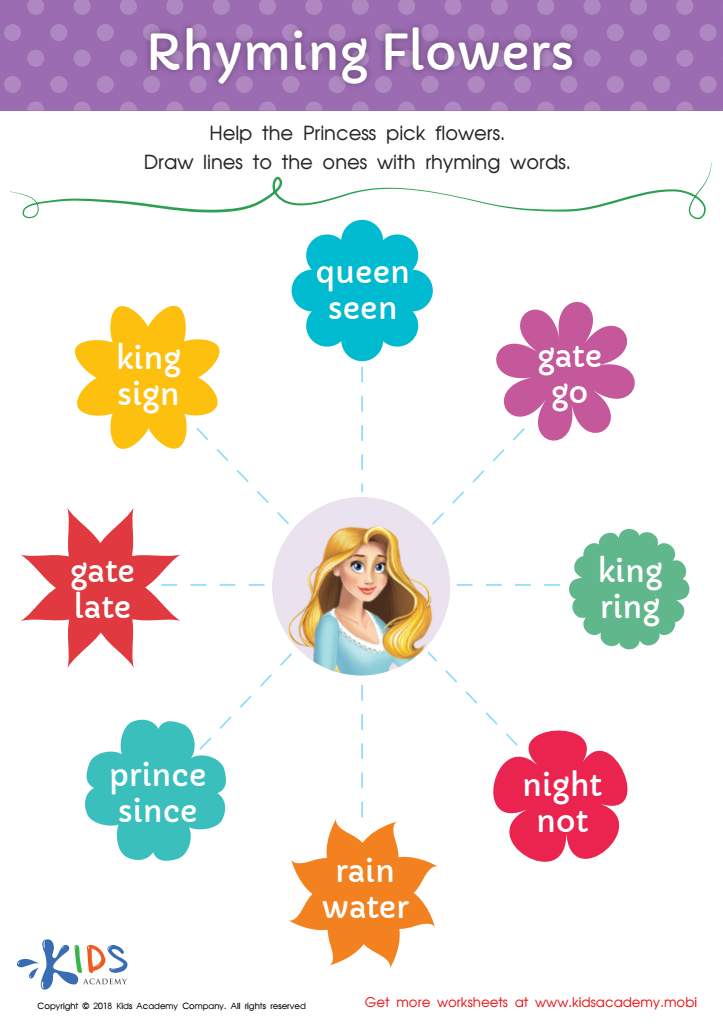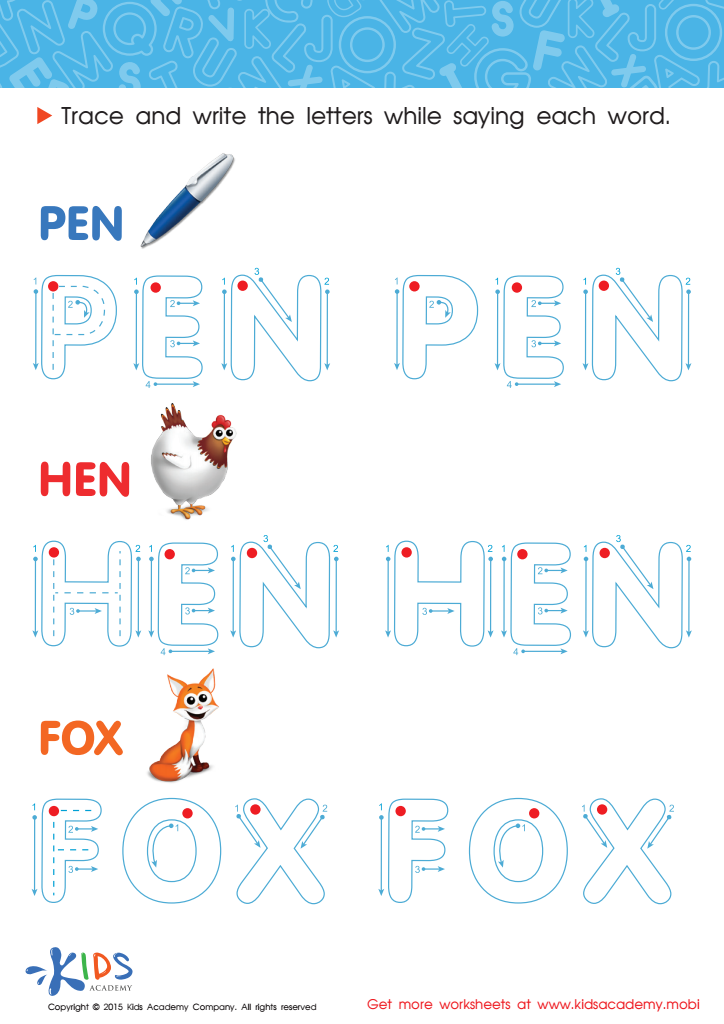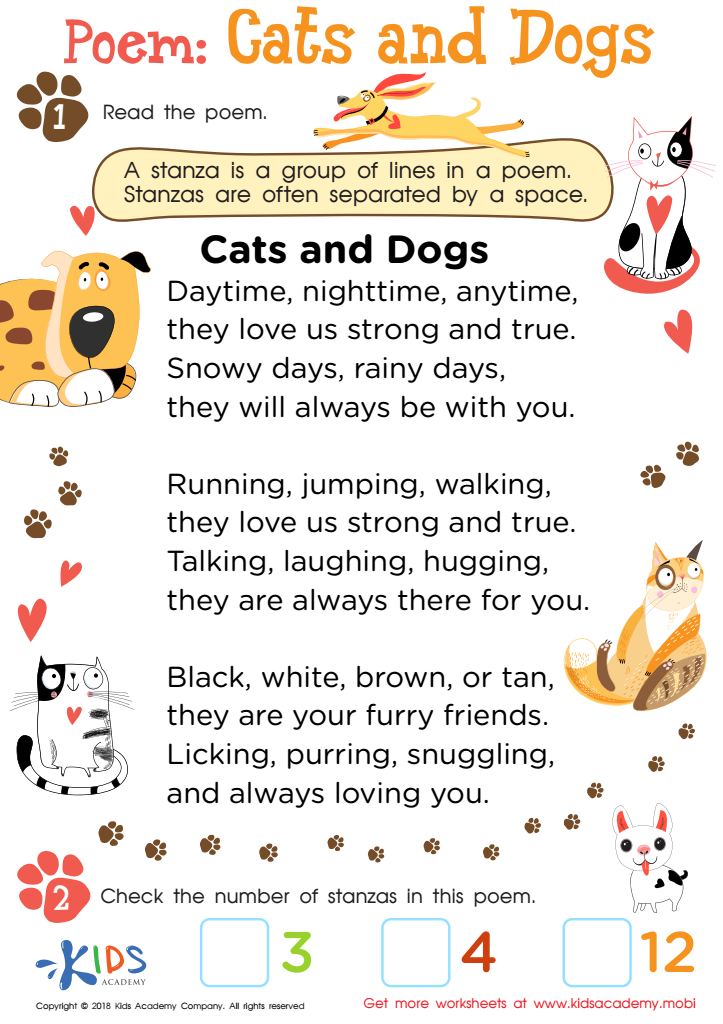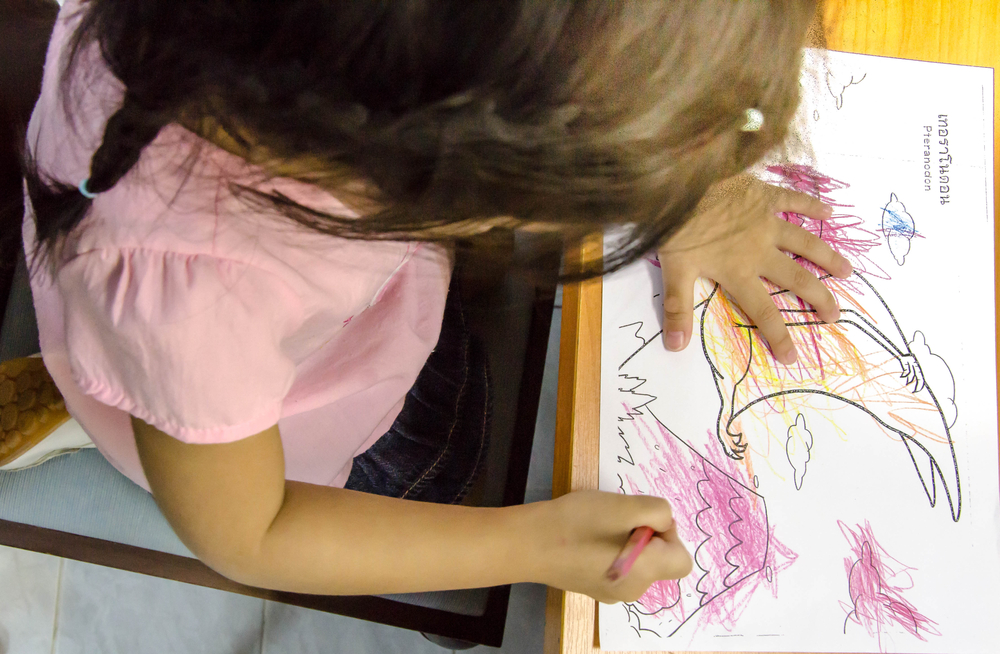Rhyme recognition Normal Worksheets for Ages 4-8
3 filtered results
-
From - To
Discover fun and educational Rhyme Recognition Normal Worksheets ideal for children ages 4-8. These engaging worksheets from Kids Academy nurture early literacy skills by helping young learners recognize and match rhyming words. Through playful exercises and colorful illustrations, kids will enhance their phonemic awareness and build a strong language foundation. Perfect for both classroom and home use, these printable worksheets are designed to make learning an enjoyable adventure, fostering a love for reading and early language development. Explore our collection today and support your child’s journey in mastering rhyming words!


Rhyming Flowers Worksheet


A Pen, a Hen and a Fox Spelling Worksheet


Poem: Cats and Dogs Worksheet
Rhyme recognition is a crucial early literacy skill for children aged 4-8, and parents and teachers should prioritize its development. Rhyming helps young learners discern sound patterns and phonemic structures within words, laying the foundation for successful reading and writing. When children recognize rhymes, they engage in critical auditory discrimination, which is essential for decoding unfamiliar words and enhancing their vocabulary.
Understanding rhymes also fosters phonological awareness, a cornerstone of reading readiness. This skill enables children to identify and manipulate sounds, contributing to their ability to blend and segment phonemes, which are vital steps in learning to read and spell. Furthermore, rhyming activities often involve repetition, which reinforces memory and aids in the retention of new words and concepts.
Engaging with rhyming texts and songs enhances language skills and promotes a love for reading. It can make learning more enjoyable and interactive, fostering a positive association with books and literacy activities. Additionally, rhyming aids in understanding the rhythm and cadence of language, benefiting speech development.
Ultimately, caring about rhyme recognition sets children on a path to reading success, boosts their confidence in language abilities, and paves the way for academic achievement across various subjects. Parents and teachers should integrate rhyming games, songs, and stories into daily routines to build these foundational skills.
 Assign to My Students
Assign to My Students





















